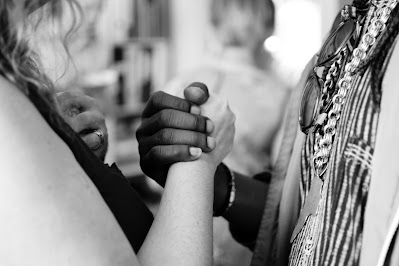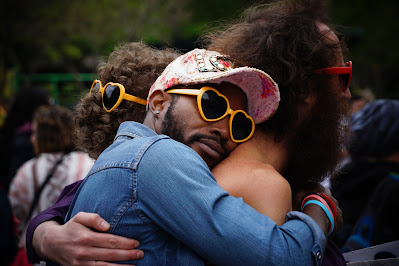They say that it’s the mark of an educated mind to change positions when presented with new information. About a year ago, I, like most Bible-literate Christians, disavowed of Critical Race Theory (CRT). I believed (and still do) that it is inherently racist, and its goal is to exalt one race above another. So what did it take for me to change my stance on it? In short, a compromise with biblical principles. But before we get to that, let’s start with the basics.
What is Critical Race Theory (CRT)?
Critical Race Theory, or CRT, is an academic and legal framework that denotes that systemic racism is part of American society—from education and housing to employment and healthcare. Critical Race Theory recognizes that racism is more than the result of individual bias and prejudice. It is embedded in laws, policies and institutions that uphold and reproduce racial inequalities. According to CRT, societal issues like Black Americans’ higher mortality rate, outsized exposure to police violence, the school-to-prison pipeline, denial of affordable housing, and the rates of the death of Black women in childbirth are not unrelated anomalies…It was, in part, a response to the notion that society and institutions were “colorblind.” CRT holds that racism was not and has never been eradicated from our laws, policies, or institutions, and is still woven into the fabric of their existence…Building a more equitable future requires an examination of how the shameful history of slavery, caste, and systemic racism were foundational to laws and institutions that exist today.

Between the Black and the White
- While I believe that Critical Race Theory can contribute to a holistic and well-informed understanding on current racial issues, I do not, and will not, take the conciliatory or repentant stance in which I should consider myself less-than others for the sake of atonement.
- I believe that any philosophical system that requires negative emotions to be brought about, i.e. shame, guilt, and fear, is neither Christlike nor biblical.
Why I Changed my Views on Critical Race Theory

CRT is a Razor
Before I learned how to properly handle a CRT conversation, I felt more pessimistic about the world around me. I felt more sad, more ashamed, about the city I lived in (St. Louis, Missouri, which has a long history of segregation and White supremacist laws and political leaders). It became easier to sympathize with my Black family in Christ, rather than empathizing with them.
See, I used to think that I was special, part of the elect.Simply by virtue of the fact that because I was white, surely it couldn’t happen to me.And so I didn’t stand up for my black allies, but still I cried that I was cultured because I know the plight of the struggle.I went to South Africa, I touched the walls of Mandela’s jail cell, I saw scars of Apartheid. I knew the diaspora, if only conceptual.I knew it was out of reach, because it wasn’t something with which I could identify.So I knew that, surely…surely, it couldn’t happen to me.But because I did not stand up for my black family, the time has now come that there is no one to stand up for me.I used to think that the government was racist, that white supremacy was the meaning to the hierarchy.And yet I benefited.I turned a blind eye to the internal bias while my brothers and sisters groaned and cried. … I failed to realize that the systemic white pride was just Phase One in something much more widespread and diabolical.That the division of surreptitious tactics would be turned on to white people next.That the phenomena were the means and signs and the end in mind was much more teleological.That the master in disguise was the omnipotent “they” the whole time,alpha to omega.That the motives of the all seeing eye was not black versus white,but it was much more color blind.
I had just become more ‘cultured’ than I thought I was, and I was now in the proverbial ‘Valley of Despair.’ How would I get out? Only with the only person who knew the Valley better than I did.
Yea, though I walk through the valley of the shadow of death, I shall fear no evil, for You are beside me (Psalm 23).

Why Critical Race Theory is Not the Full story

How to Give Equal Airtime on Critical Race Theory Conversations
Help me support the fight against racial injustice. I’m donating 50% of the proceeds from DIÆSPORA to the NAACP LDF.

